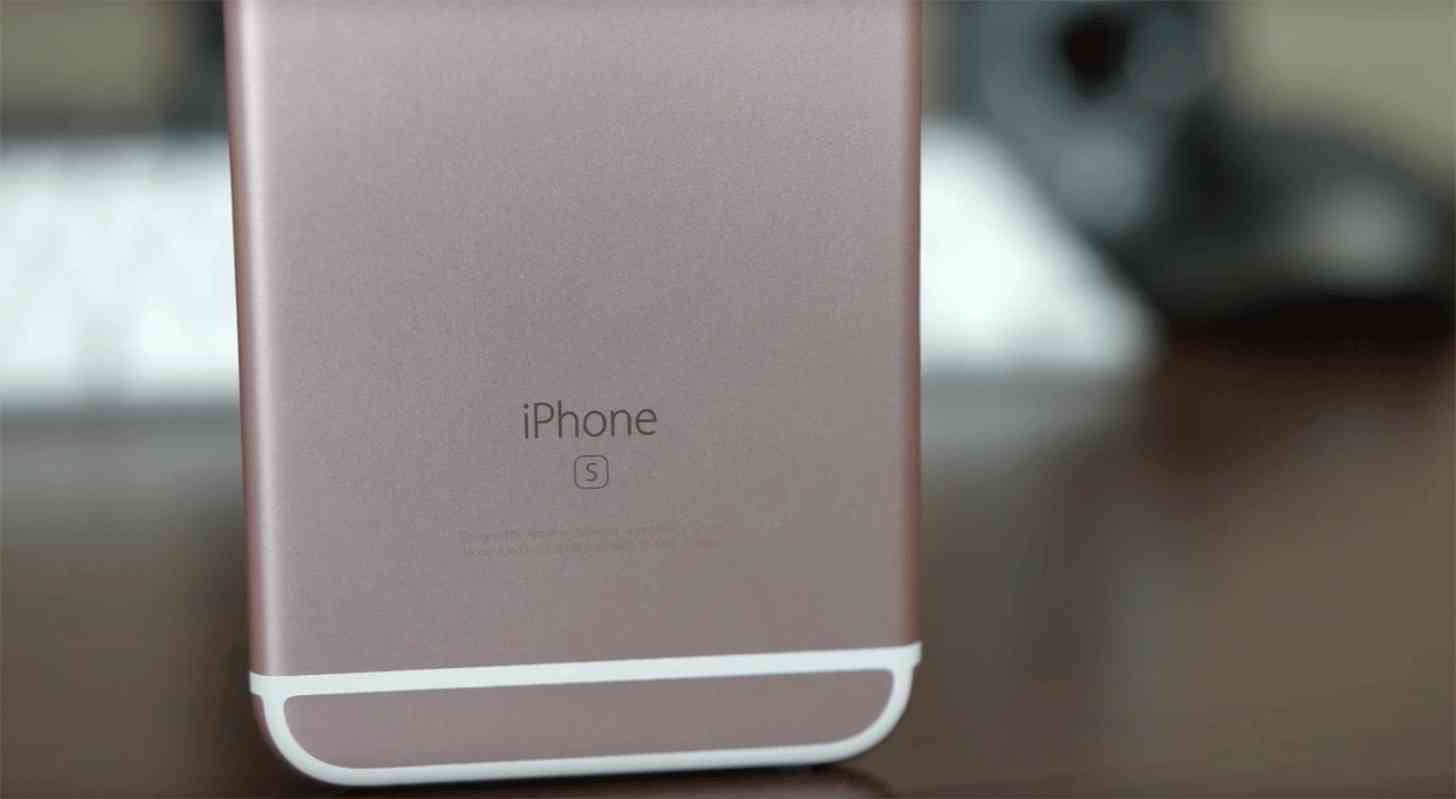
The iPhone 6s and iPhone 6s Plus both come with A9 processors inside, but those processors are made by two different companies: TSMC and Samsung. There’s been a bit of a controversy brewing in recent days, with reports suggesting that models with the Samsung chip had worsened battery life and ran hotter than the TSMC-equipped phones. Now Apple has responded to the reports.
Apple says that its both its testing and consumer data show that the difference in battery life between the two processors is within 2 and 3 percent. The Cupertino firm goes on to shoot down the benchmark tests that show a larger difference between the two chipsets, describing them as “not representative of real-world usage” because they “spend an unrealistic amount of time at the highest CPU performance state.” Apple’s full statement:
"With the Apple-designed A9 chip in your iPhone 6s or iPhone 6s Plus, you are getting the most advanced smartphone chip in the world. Every chip we ship meets Apple’s highest standards for providing incredible performance and deliver great battery life, regardless of iPhone 6s capacity, color, or model.
Certain manufactured lab tests which run the processors with a continuous heavy workload until the battery depletes are not representative of real-world usage, since they spend an unrealistic amount of time at the highest CPU performance state. It’s a misleading way to measure real-world battery life. Our testing and customer data show the actual battery life of the iPhone 6s and iPhone 6s Plus, even taking into account variable component differences, vary within just 2-3% of each other."
As Apple explains, most benchmark tests push the device to its limits to show their power. And while benchmark battery tests may be able to give you some sort of idea of a device’s battery life, which likely isn’t the same way that you’d actually use a phone day-to-day. Apple does admit that the different processors may have a slight battery life difference, but that that difference is negligible and something that most folks won’t ever notice.
In the end, you really shouldn’t worry about which chip your new iPhone has in it. Just use the phone like you normally would, and your battery life will probably be fine.